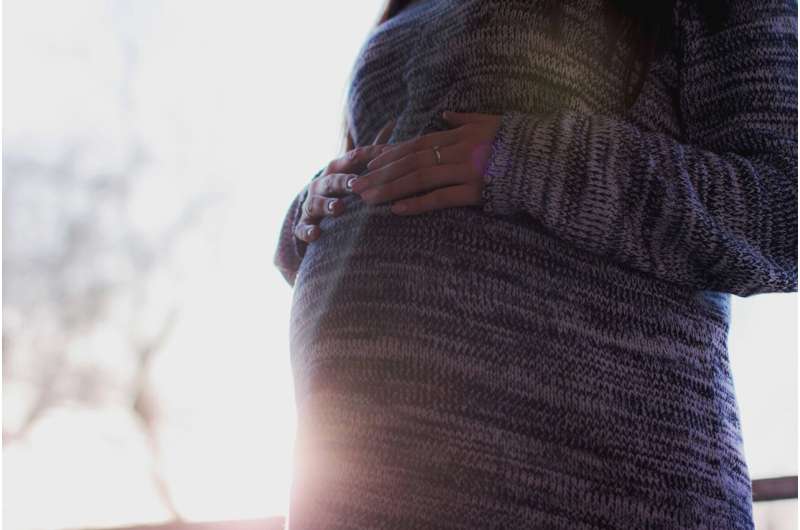This article has been reviewed according to Science X's editorial process and policies. Editors have highlighted the following attributes while ensuring the content's credibility:
fact-checked
proofread
Navigating the risks: Safeguarding maternal and fetal health in emergency agitation treatment

A recent review article provides critical insights into the management of acute agitation in reproductive-age females and during pregnancy within the emergency departments (EDs). The study emphasizes the importance of considering the safety of psychotropic medications in this demographic population, given the potential risks to both the patient and the fetus.
Agitation in the emergency department is not uncommon and can stem from various causes, including psychiatric disorders, substance abuse, and other medical conditions. When a pregnant patient exhibits signs of agitation, the situation becomes more complex due to potential risks to the fetus. Traditional approaches often involve the use of pharmacological interventions, but the safety of these methods during pregnancy has not been well established.
A new review in the World Journal of Emergency Medicine explores safer treatment approaches for acute agitation in pregnant patients. Authored by a team from the Department of Emergency Medicine at Jacobi Medical Center and Montefiore Medical Center, the research examines both pharmacological and non-pharmacological methods to manage agitation in reproductive-age females, particularly those who are pregnant.
The research review addresses a critical gap in emergency medical practice: the management of acute agitation in pregnant women. Agitation in this demographic can lead to severe obstetric complications, necessitating prompt and effective treatment.
The review's comprehensive literature analysis identifies the complexity of the issue, considering the physiological changes of pregnancy and the potential impact of medications on fetal development.
The study emphasizes non-pharmacological approaches as the initial strategy but acknowledges the need for medical intervention in severe cases. Diphenhydramine is highlighted as a preferred choice for mild to moderate agitation due to its sedating effects and minimal adverse outcomes. In more severe cases, high-potency typical antipsychotics, exemplified by haloperidol, are recommended for their hemodynamic neutrality and established safety profile.
The review also warns against the use of benzodiazepines and ketamine, which have been linked to negative fetal effects. This research provides a vital guide for emergency physicians, advocating for a balanced approach that maximizes patient safety while minimizing fetal risk.
The findings underscore the importance of careful medication selection and dosing to protect both the expectant mother and her unborn child.
Dr. Ariella Gartenberg, the corresponding author of the review from the Department of Emergency Medicine at Jacobi Medical Center and Montefiore Medical Center, NY, U.S., states, "The safety of psychotropic medications in reproductive age females has not been well established, and this review aimed to explore general agitation recommendations with an emphasis on ED management during pregnancy."
The findings from this review are crucial for emergency medicine practitioners who must balance the need for effective treatment of acute agitation with the potential risks to the fetus. The study provides recommendations on the use of specific medications during pregnancy.
More information: Ariella Gartenberg et al, Emergency department management of acute agitation in the reproductive age female and pregnancy, World Journal of Emergency Medicine (2023). DOI: 10.5847/wjem.j.1920-8642.2024.011





















